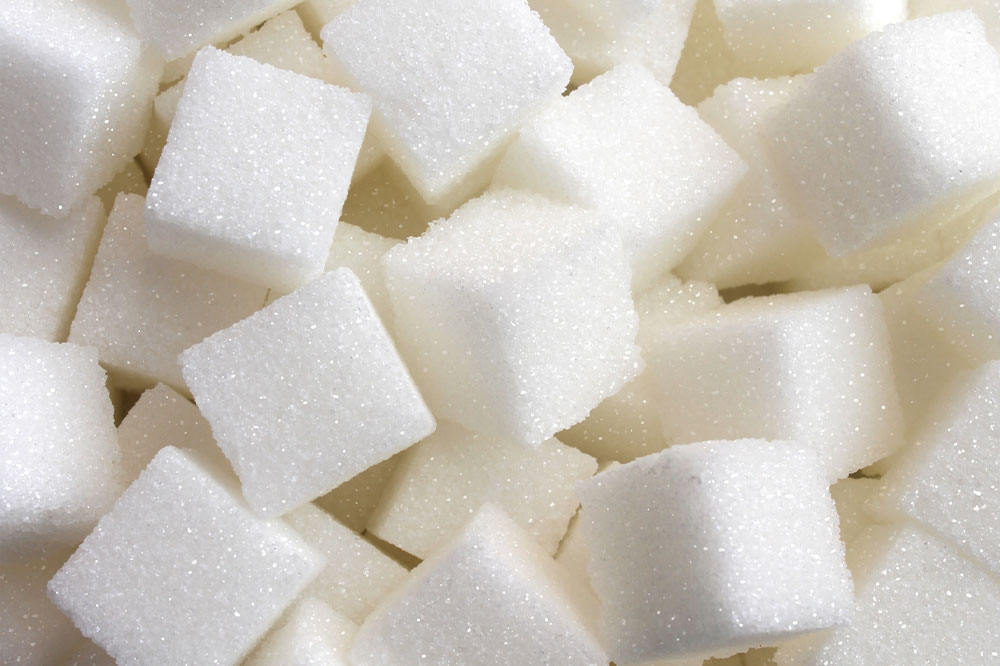These 7 signs indicate excess sugar intake

Many scientific reports have found that diabetes is on the rise as a result of the pandemic. This is apparently possible due to the virus worsening pre-existing diabetes in people through increased insulin resistance. Studies have found that the virus can multiply within insulin-producing pancreatic beta-cells and debilitate insulin synthesis and secretion. Due to these developments, it is imperative for everyone to know the noticeable signs of excessive sugar intake and blood sugar composition.
Signs that you’re consuming excess sugar:
Constant craving for sugary things
The reward center in your brain activates when you ingest some food or drink containing sugar. When sugar enters your body, your brain responds to dopamine, also known as feel-good chemicals. To put it simply, the brain informs your body that it feels good and wants more of that sweet-tasting thing. The issue with such a feeling is that your brain gets addicted to it over time and starts craving more. This is similar to how you develop an alcohol tolerance and need more of it to feel the buzz.
Feeling lethargic throughout the day
The pleasure of the sweet taste spikes your insulin, which makes the brain happy. But after this initial high, it is inevitable for your brain to come down and feel low. It must be noted that your energy levels directly correlate with your glucose intake. If your glucose intake levels are stable, your energy levels will also remain stable. However, if you ingest too much glucose, your energy levels will go up suddenly and then have an abrupt landing, making you feel sluggish all day. To maintain your energy levels, it is vital to complement your sugar intake with lots of fiber and protein.
Developing skin problems
Excessive sugar intake leads to sudden insulin spikes. This sets off a gush of hormones which starts showing in the form of acne or rosacea. Furthermore, several studies show an intimate relationship between excessive sugar intake and wrinkly or saggy skin. Collagen is a protein that ensures youthful and supple skin. An excess of glucose and sugar intake generates advanced glycation. In other words, it leads to collagen weakening, resulting in loose, saggy skin.
Being moody
According to some studies, people who consume too much sugar are more inclined to experience mood swings and depression. Besides that, excessive sugar also affects your gut health, which, in turn, affects your mood. Your gut flora is home to various bacteria strains, producing neurotransmitters like norepinephrine, dopamine, and serotonin. These neurotransmitters are responsible for regulating your mood. As your gut health is affected by sugary-rich meals, you tend to experience a bad mood.
Developing more cavities
Your teeth experience the brunt of having too much sugar first. The bacteria in your mouth are responsible for metabolizing the sugar you ingest. However, as a byproduct, they release acid, reducing your mouth’s pH from a neutral 7 to an acidic state. As your mouth’s pH level dives below the critical pH of 5.5, your teeth begin to dissolve. It is not before 20 minutes that your saliva finally succeeds in restoring your mouth to its average pH level. That is why you need to reduce sugar intake, as repeated exposure to sugar for longer periods can weaken your teeth and develop cavities.
Having a foggy brain
When you ingest too much sugar, your blood glucose levels fluctuate from high to low. When your sugar level drops, you may feel confused, hazy, or unable to focus. This is known as brain fog. Only a moderate sugar intake can save you from experiencing such cognitive issues.
Having a disrupted sleep schedule
Sleep is vital to let the body absorb the benefits of workouts, proper recovery, and ultimately weight loss. However, several studies demonstrate a direct correlation between excessive sugar intake and poor sleep quality. On the other hand, lack of sleep creates a vicious cycle of increased hunger hormones (ghrelin) and decreased satiety hormones (leptin), encouraging you to eat more sugar when you are fatigued. This cycle continues, eventually leading to weight gain.
Managing daily sugar intake
The symptoms mentioned above are also the principal signs of diabetes mellitus, a condition that gives rise to several complications. Tardive dyskinesia (TD) is one complication for which your doctor may prescribe Ingrezza.
Is Ingrezza for diabetic treatments?
Ingrezza is not for diabetes. However, it treats diabetes-induced tardive dyskinesia (TD) by curbing the surplus dopamine signaling and monitoring the brain region liable for uncontrolled movements. Diabetic patients are also prone to developing eye complications. These include diabetic macular edema (DME), diabetic retinopathy (DR), and wet age-related macular degeneration (AMD). To deal with these issues, your doctor may prescribe medicines like EYLEA, an injection containing aflibercept.
Different individuals react to vaccinations and other food changes in different ways. Therefore, before using any of the solutions (vaccinations, prescription-based solutions for oneself or their family) this article mentions, one needs to consult their healthcare provider to be on the safe side.








